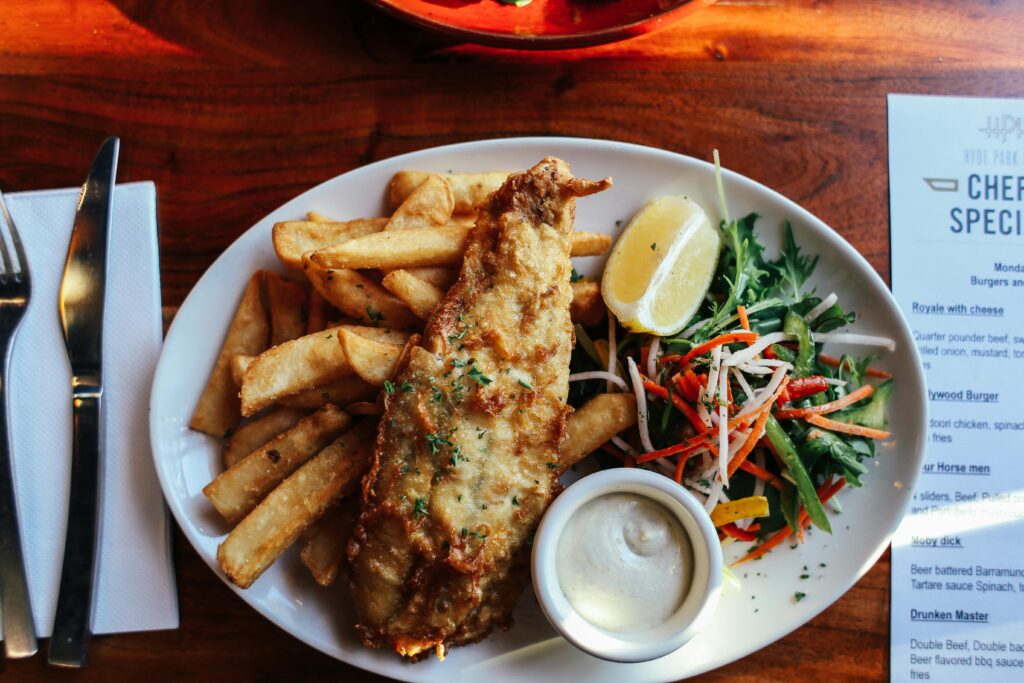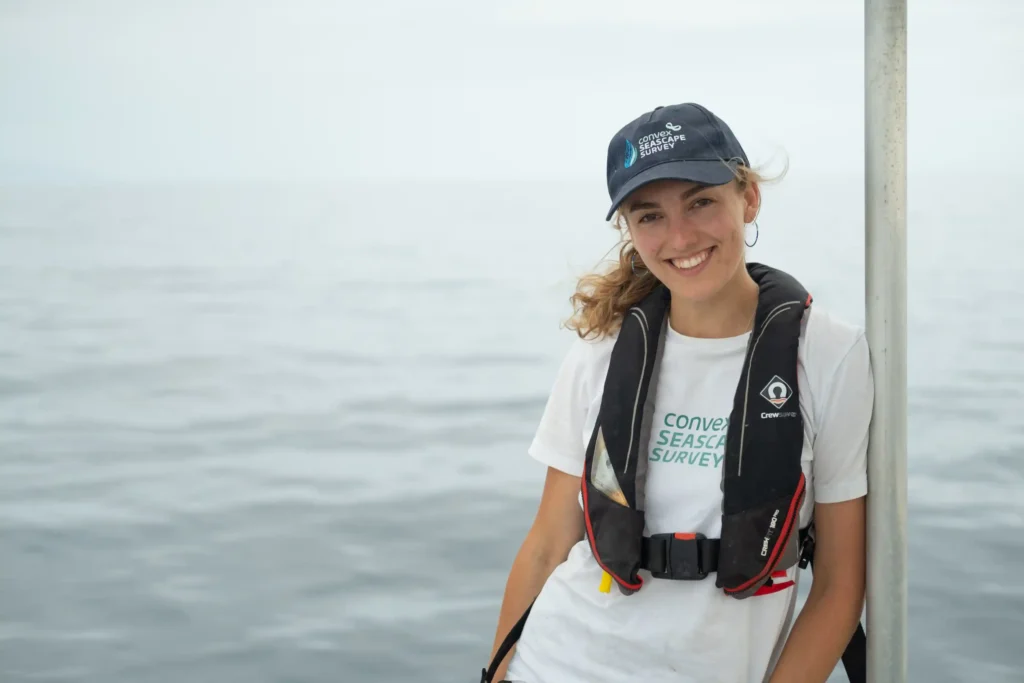Traditional cod and chips should be off the menu for Brits if we want to save the planet, say boffins.
Experts say our national dish may have to be axed to help slow climate change.
The Atlantic cod, a staple at British chippies, plays a key role in maintaining the seabed and our climate.
READ MORE: Fisherman catches ZOMBIE fish weighing a whopping 100lbs
- Advertisement -
In fact, it jointly topped the list of important ecosystem engineers – along with Atlantic hagfish and European eel.
A survey has found that 185 fish species play a role in seabed health and 120 of these are targeted by commercial fishing.

Scientists working on the Convex Seascape Survey looked at the role of fish in bioturbation, the process of churning the seabed to keep it healthy and fertile, as reported by What’s The Jam.
“Ocean sediments are the world’s largest reservoir of organic carbon, so what happens on the seabed matters for our climate,” Mara Fischer, a University of Exeter PhD student, who led the study, said.

“Bioturbation is very important for how the seabed takes up and stores organic carbon, so the process is vital to our understanding of how the ocean absorbs greenhouse gases to slow the rate of climate change.
- Advertisement -
“Our study is the first to attempt to quantify the bioturbation impact of fish, and it shows they play a significant, widespread role.”
Prof Callum Roberts, from the Centre for Ecology and Conservation at Exeter’s Penryn Campus in Cornwall, said: “We found that species with the highest bioturbation impacts are among the most vulnerable to threats like commercial fishing.

“Many of the largest and most powerful diggers and disturbers of seabed sediments, like giant skates, halibut and cod, have been so overfished they have all but vanished from our seas.
- Advertisement -
“These losses translate into big, but still uncertain, changes in the way seabed ecosystems work.”

Dr Julie Hawkins, another author of the study, added: “Anyone who has spent time underwater, whether snorkelling or diving, knows that fish are constantly digging up the seabed.
“It’s hard to believe that such an obvious and important activity has been largely overlooked when it comes to understanding ocean carbon burial.”
The Convex Seascape Survey is a five-year partnership between Blue Marine Foundation, the University of Exeter and Convex Group Limited.
It aims to build a greater understanding of the ocean in attempts to slow climate change.
READ MORE: Rare albino dolphin spotted swimming with pals alongside stunned tourists
















